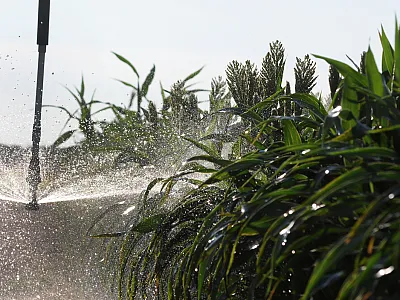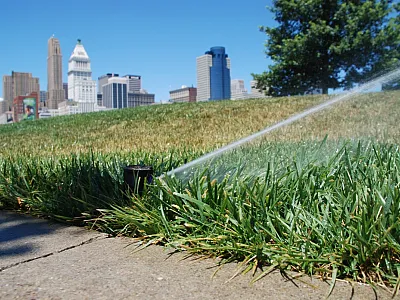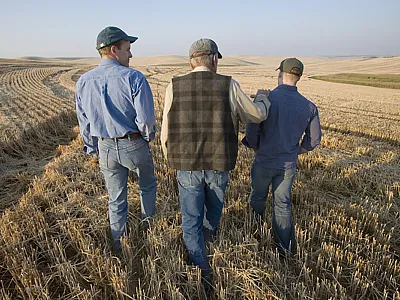Campus gardens connect communities, educate students, study finds
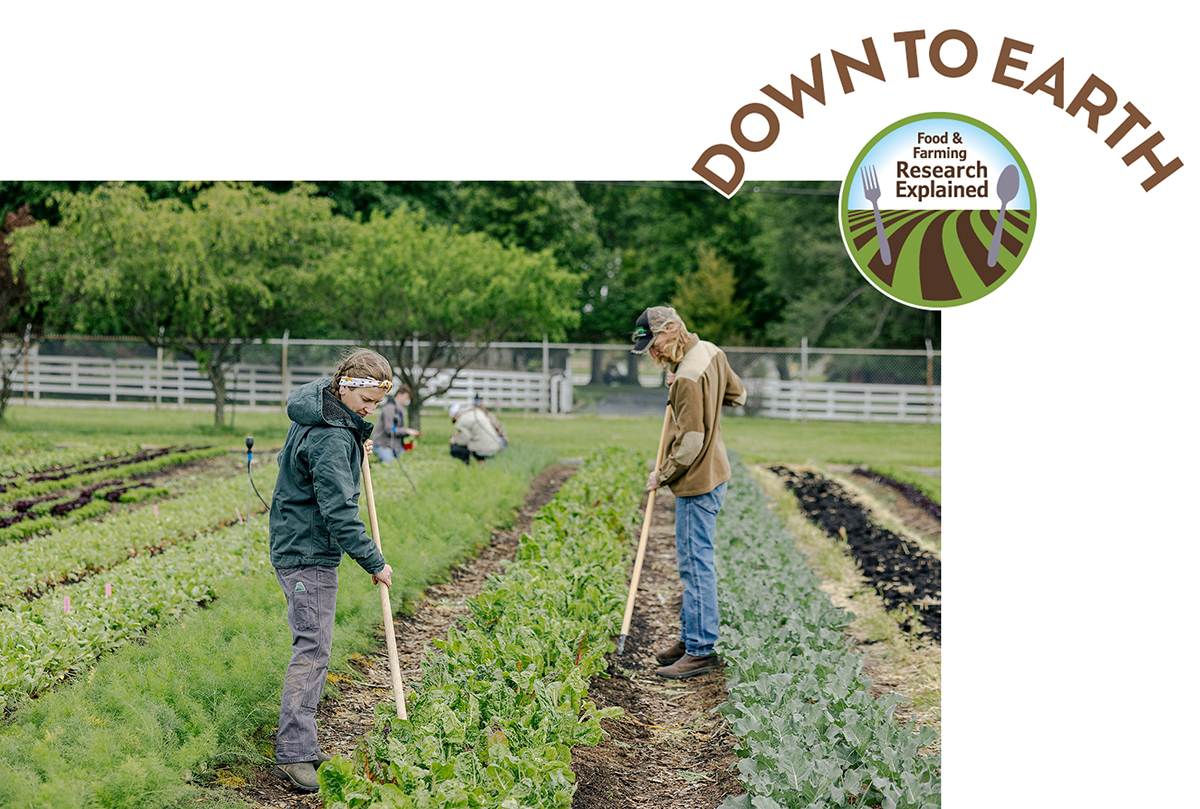
Recent research has found that farms and gardens grown on college campuses strengthen the ties between college and community.
Researchers closely studied these campus agricultural projects, often called “CAPs,” to understand their goals and the ways they engaged communities. They found that these efforts grow more than food; they educate and enrich students while feeding their communities.
Before the 2000s, campus farms and gardens were limited to land grant institutions or agricultural colleges. Nowadays, they can be found at historically black colleges, tribal colleges, liberal arts institutions, technical colleges, and community colleges. As opposed to experimental farms meant purely for research, CAPs give students hands-on learning experience for their own personal benefit.
Even though around 300 higher education institutions in the United States have CAPs, there isn’t much peer-reviewed research on them. The literature that does exist on CAPs talks more about their creation and curricula rather than the impact they have on students. For this reason, this study analyzed 186 CAPs across the United States to understand how well they contribute to their communities. The researchers argue that CAPs can help universities with their missions and provide extra food for the campus community, making them nothing but a benefit.
The researchers made sure to choose CAPs that were supported by universities, had active student participation, and grew food for the school. The study ended up finding four recurring themes amongst the CAPs: student development, community engagement, sustainability, and connecting the campus with the nearby community.
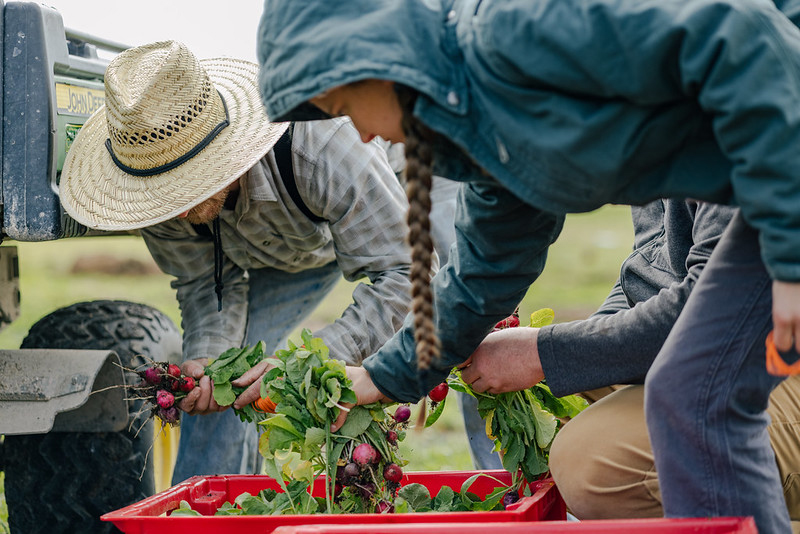
Growing student skills
CAPs help students develop skills through hands-on education, community building, opportunities to build gardening skills, and a base of outreach with their community. It lets them teach their community about growing food while also providing those communities with healthy food.
Sustainability
These projects can teach people a ton about sustainable agriculture, grow food for local communities, and make farms more sustainable. The hands-on learning courses give people practical experience with the incredibly complicated process of fighting food insecurity. They also teach people how they can spend more sustainably and prevent food waste in their personal lives.
Engaging communities
Campus agricultural projects were often formed so that students could learn how to grow food, and from the literature, the researchers found that CAPs create incredibly strong communities. This is especially important for areas bordering underrepresented institutions like tribal colleges and historically black colleges since they help different communities bridge gaps in cultural understanding. Many CAPs also include inclusivity as a part of their mission statements, but according to the studies, most participants in CAPs are not from underrepresented identity groups. Additionally, out of the 186 colleges researched, only 19 were historically black colleges and only 9 were tribal colleges. This opens up potential for research on how to make CAPs more accessible and inclusive.
Ultimately, the research found that CAPs are a vital method of giving agriculture students hands-on practice that also builds communities and brings people together from across various identities. They make students happier by letting them spend time outside in a social environment with other students and faculty.
Dig deeper
JoHannah H. Biang, David C. Berle, Jennifer Jo Thompson. (2025). Campus agricultural projects: The missions that enhance institutions of higher education. Natural Sciences Education, 52, e20153. https://doi.org/10.1002/nse2.20153
Text © . The authors. CC BY-NC-ND 4.0. Except where otherwise noted, images are subject to copyright. Any reuse without express permission from the copyright owner is prohibited.





